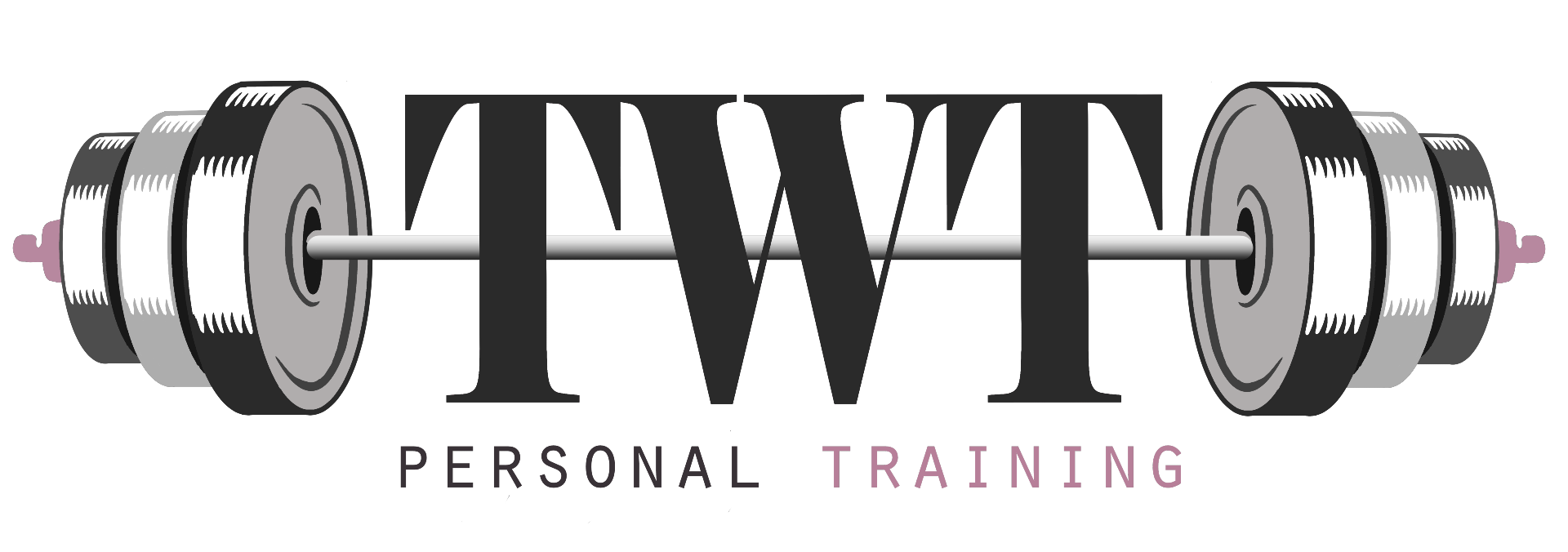Post Natal Training
First things first…When can I start post-natal training?
For the first few weeks post-partum, you should allow your body to rest and recover (as much as you can whilst looking after a newborn!). Unless otherwise advised by your healthcare professional, exercise should be kept to pelvic floor exercises (which can be started from day 1) and gentle movements like walking. Before starting any training regime, it is important you first check with your doctor/midwife. In most cases, women who have had a natural birth can start formal exercise from 6 weeks postpartum and those who have had caesarean sections, after 8 weeks.
Returning to exercise after having a baby can be daunting. Lack of time and sleep aside, our postpartum bodies can feel weak and unfamiliar. Luckily post-natal training can be hugely beneficial in your postpartum journey; supporting and promoting your body’s mental and physical recovery as well as providing many benefits for both new mother and baby. You’ll find some of these below.
As with antenatal exercise, post-natal women have unique needs and considerations, which often require specific modifications to mainstream exercises. That is why it is important you work with a post-natal exercise specialist. Their expertise can safely and effectively guide you through specifically tailored exercises, with a particular focus on strengthening your pelvic floor, rebuilding your core strength, and addressing diastasis recti and other pregnancy-caused weaknesses. A specialist trainer will also be able to provide advice, support, and that all important motivation.
BENEFITS:
Exercising after having a baby has both physical and psychological benefits. Focussed training helps to rebuild strength and endurance post-pregnancy, with a particular focus on the core and pelvic floor. It can help to reduce the risk of chronic diseases, such as heart disease and diabetes. It can also improve posture, reduce back pain, and promote healthy weight loss. Psychologically, exercise can improve self-esteem, reduce stress and anxiety, and improve mood. It can also provide a sense of accomplishment and a break from the demands of motherhood. Regular exercise can also positively impact the baby’s development by reducing stress levels and improving sleep patterns. Your children are also more likely to lead healthy lifestyles if they are following a good example. Being the best parent starts with being the best you.
Overall, exercising after having a baby is an essential component of post-natal care, helping mothers through the initial aftermath of having a baby, to recovery, and beyond.
Remember…
If you are planning on exercising during or after your pregnancy, it is important to be aware of what is going on inside your body and how your training should be adapted accordingly. Some changes might be obvious, however, there are many less obvious adaptations that you may not be aware of. It is important that you understand and respect the changes your body is going through. Working with a pre and post-natal specialist personal trainer ensures your pre/post-natal training is safe and suitable as well as effective!
Get in touch for more.
Tx
